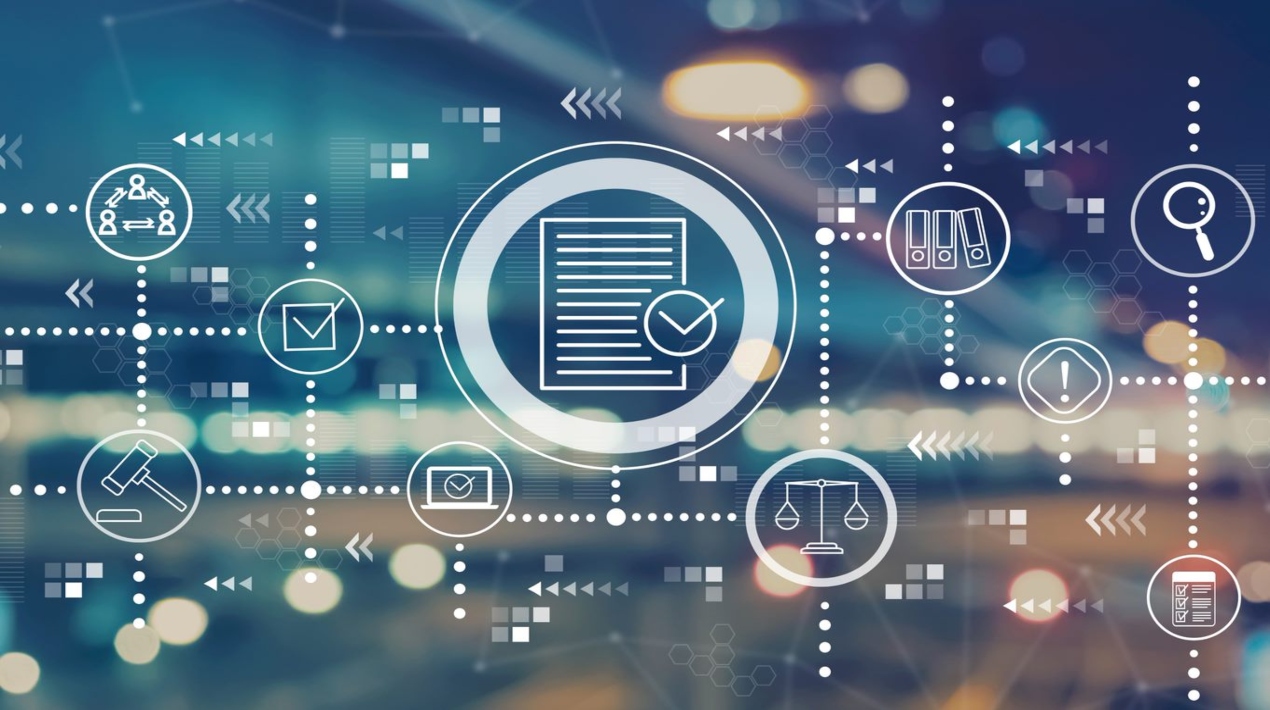
The Philippines’ digital economy has evolved, and digital technologies have become more accessible because of technological advancements in various industries. Even though these technological advancements have resulted in a more complex method of measuring the digital economy, there are several country-level efforts to calculate the contribution of digital activities to the Gross Domestic Product (GDP). It was noted, however, that measuring digital endeavours has been tough due to description, classification, and measurement issues.
In 2019, the Philippine Statistics Authority (PSA), through the Macroeconomic Accounts Service (MAS), collaborated with the World Bank (WB) to estimate the size of the digital economy and its contribution to economic growth in the country.
While there is no internationally agreed definition and classification for the digital economy, the PSA builds on earlier initiatives of other institutions such as the Organisation for Economic Co-operation and Development (OECD), the United States Bureau of Economic Analysis (BEA), and the Australian Bureau of Statistics (ABS), as well as the experiences and insights gained from these initiatives.
With the results of the PSA-WB Project, PSA is committed to further enhancing the methodology and exploring additional indicators to capture the digital economy’s contribution. In 2020, the World Bank published the Philippines Digital Economy Report with preliminary estimates of the digital economy’s contribution to GDP.
The preliminary digital economy estimates for 2018 to 2021 provide data on the Gross Value Added (GVA) of e-commerce, digital media/content, and digital-enabling infrastructure, which includes computer, electronic and optical products, wholesale trade, telecommunication services, professional and business services and computer and communication equipment repair.
Data for the preliminary estimates of the digital economy were gathered from a variety of sources. The major data sources for estimating the digital economy are listed below.
The Production Approach or Value-Added Approach is used to estimate the contribution of the digital economy in the Philippines. This method involves adding the GVA of all industries identified as part of the digital economy.
The list of the Philippines’ core ICT industries serves as the foundation for defining the statistical coverage of the digital economy. These industries represent the digital economy’s digital infrastructure and digital content/media components.
For more comprehensive coverage, the country’s digital transactions or electronic commerce (e-commerce) is included. Estimates for this component are based on the percentage of industries that have e-commerce transactions or non-core ICT industries that have received orders via the Internet.
The Gross Output (GO) for each industry classified as part of the digital economy is estimated. To calculate GVA, the NAP GVA ratio was applied to the GO of each industry. The total GVA for the digital economy is the sum of the GVAs of industries identified as being part of the digital economy.
Furthermore, there are eight key technologies that could change the way businesses and workers in the Philippines do their jobs. These include the mobile Internet, cloud computing, big data, artificial intelligence (AI), financial technology (FinTech), the Internet of Things (IoT) and remote sensing, advanced robotics, and additive manufacturing. By making it possible to create new business models and save time and money, these technologies could help the Philippines’ economy in a big way.
The COVID-19 pandemic is likely to have long-term effects on three parts of the Philippine economy: a) the rise of a hybrid workplace that supports digital freelancing; b) a faster shift toward digital payments; and c) severe disruptions to the business operations of MSMEs.
Technology applications can help businesses deal with the long-term economic effects of the COVID-19 pandemic and stay prepared for future “black swan” events by giving MSMEs access to global markets, giving businesses the digital tools, they need to do business electronically and making remote work easier.
















